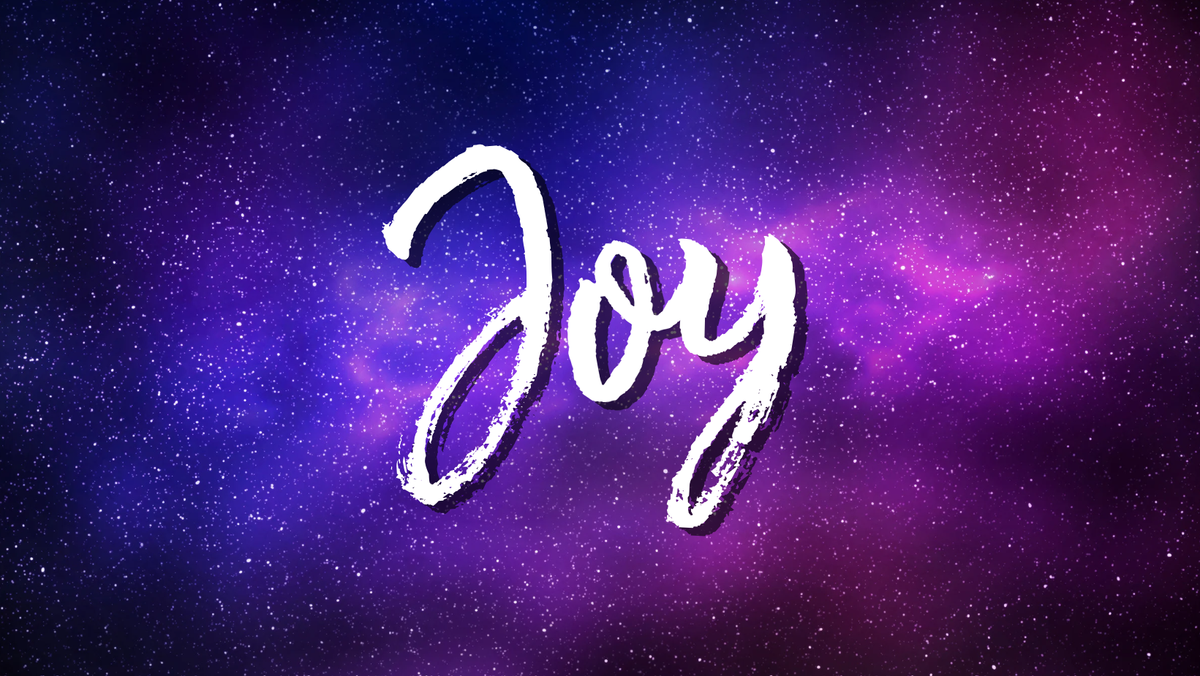O Holy Night: A Christmas Carol That Changed History

When the first notes of "O Holy Night" rang out in a small French church in 1847, no one could have predicted how this Christmas carol would weave itself into the fabric Christmas traditions worldwide. Far more than just another festive melody, this song would go on to play a role in technological breakthroughs, create moments of peace amid warfare, and challenge social hierarchies in pre-Civil War America.
A Voice in the Dark
On Christmas Eve 1906, the night air crackled with possibility as radio operators on ships across the Atlantic, accustomed to hearing only the dots and dashes of Morse code, suddenly heard something extraordinary – a human voice reading the Christmas story from the Gospel of Luke! In this groundbreaking moment, as the first human voice ever transmitted over radio waves pierced the darkness, it was followed by the beautiful melody of "O Holy Night" played on violin. Like the star over Bethlehem, this technological marvel guided listeners into a new era of human communication.
Silence in the Trenches
The power of this carol to transcend human divisions revealed itself most poignantly in 1871, when French and German soldiers, entrenched in battle, found themselves lowering their weapons as the familiar strains of "O Holy Night" drifted across No Man's Land. For 24 precious hours, the song accomplished what diplomats could not – a spontaneous, albeit temporary, truce between warring forces. This musical bridge across battle lines echoed the song's core message about the worth of every human soul.
A Revolutionary Refrain
In 1850s America, the song's found itself at the intersection of a divided nation. Its reception varied dramatically depending on where you stood – geographically and ideologically. The lyrics declaring "Chains shall he break, for the slave is our brother" rang out with particular poignancy in a nation grappling with the question of slavery. Like Mary's Magnificat in the Gospel of Luke, which prophesies that God "has brought down rulers from their thrones but has lifted up the humble," this simple song carried a radical message of human dignity and divine justice.
Beyond the Music
What makes "O Holy Night" extraordinary isn't just its beautiful melody or even its historical significance. Its enduring power lies in how it captures the essence of the Christmas story – a moment when the divine entered human history not with military might or political power, but in the form of a vulnerable child born to humble parents. The song reminds us that transformation often comes not through force but through the quiet revolution of love and justice.
In a world still struggling with division and inequality, "O Holy Night" continues to resonate to listeners today. Its message – that human dignity is universal and that divine love can transcend our deepest divisions – remains as relevant today as when it first echoed through that French church nearly two centuries ago. Perhaps that's why, whether heard in a grand cathedral or hummed in a quiet room, this carol still has the power to make us pause, reflect, and hope for peace on earth and goodwill to all.








Member discussion